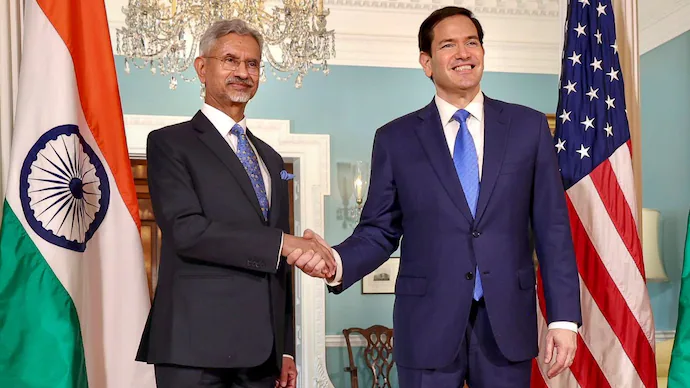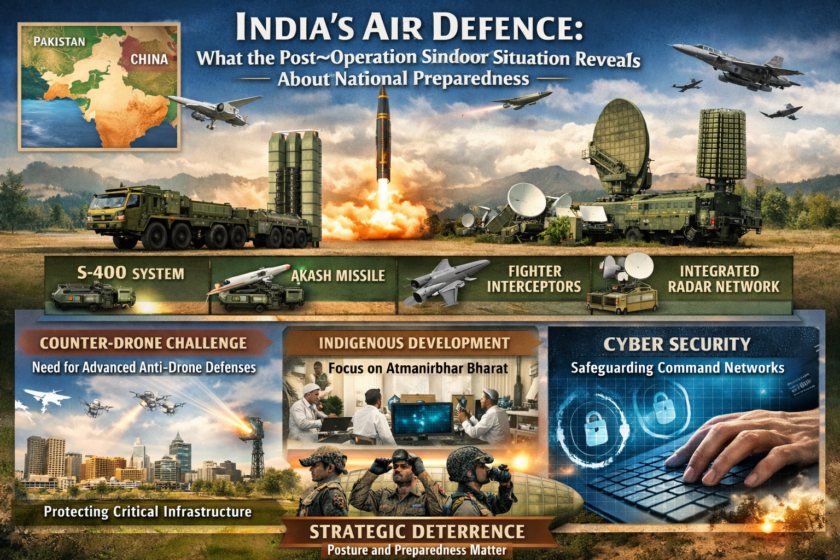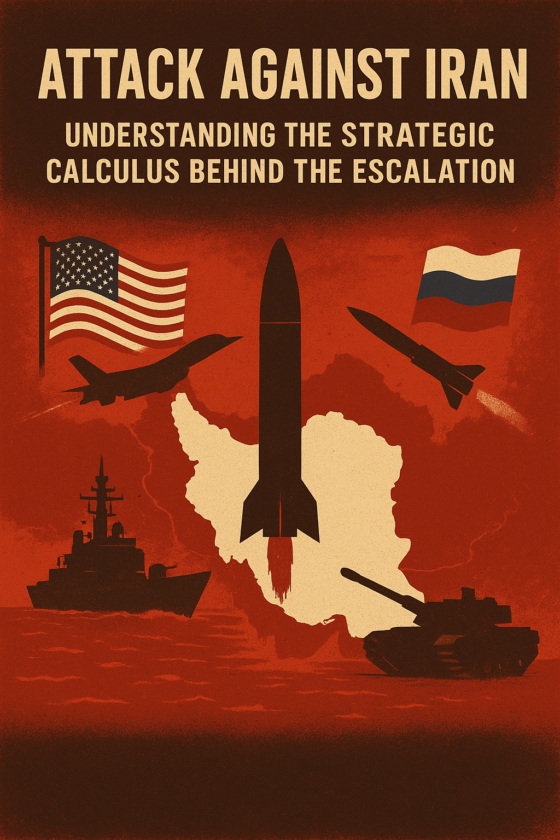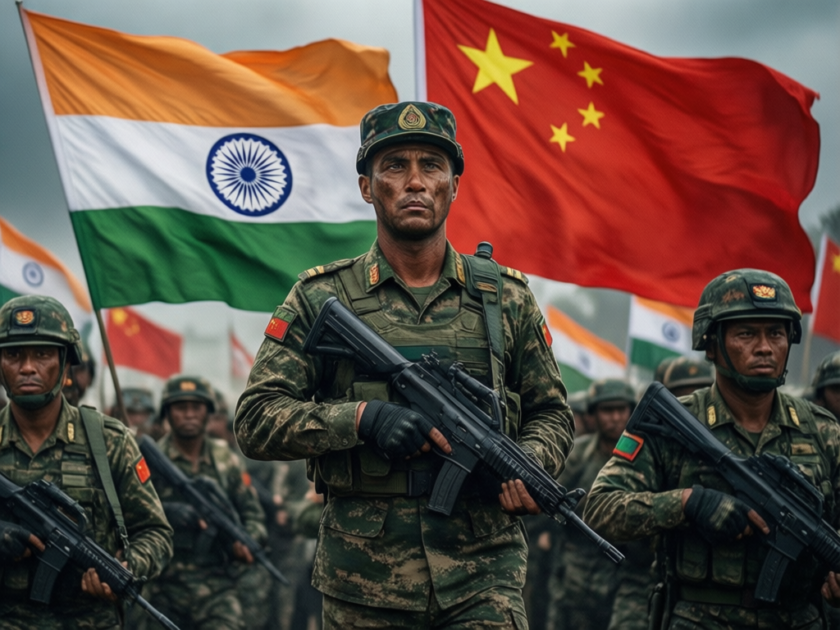Niagara: External Affairs Minister S. Jaishankar met U.S. Secretary of State Marco Rubio on the sidelines of the G7 Foreign Ministers’ Meeting in Niagara, Canada, for a wide-ranging discussion that reaffirmed the strengthening strategic partnership between India and the United States.
The meeting highlighted the growing convergence between the two nations on key bilateral, economic, and geopolitical issues. Jaishankar, in a post on X, thanked Rubio for his condolences following the recent blast in Delhi and described their conversation as productive and forward-looking.
Focus on Trade and Supply Chain Security
At the centre of the talks was the evolving bilateral trade framework, particularly in light of Washington’s recent tariff moves. Both sides reviewed ongoing negotiations aimed at recalibrating trade terms to support mutual economic growth and ensure long-term stability. Supply chain resilience, a major priority for both nations, featured prominently as they explored ways to diversify and secure critical economic links amid global disruptions.
The exchange aligned with broader Indo-U.S. efforts to strengthen industrial cooperation, expand market access, and reinforce strategic economic connections in the Indo-Pacific region.
Global Strategic Issues on the Table
Jaishankar and Rubio also discussed major international developments, including the conflict in Ukraine, tensions in West Asia, and the security landscape in the Indo-Pacific. Their conversation reflected a shared commitment to a rules-based international order and close diplomatic coordination in navigating emerging challenges.
The meeting was part of Jaishankar’s series of high-level engagements at the G7, where he also met foreign ministers from Canada, France, Germany, Mexico, Brazil, South Africa, and the United Kingdom. These interactions strengthened India’s role in shaping multilateral discussions on trade, security, technology, and global governance.

India’s Broader Engagement at the G7
Participating as an invited partner under Canada’s presidency, India joined other key non-G7 economies—including Brazil, Australia, and South Korea—to present perspectives on global issues and highlight the concerns of the Global South. New Delhi emphasised the need for equitable development, energy security, and sustainable growth in multilateral forums.
The Ministry of External Affairs noted that Jaishankar’s engagement at the G7 underscored India’s enduring commitment to multilateralism and collaborative approaches to global stability.
Backdrop of Intensified Indo-U.S. Trade Negotiations
The meeting took place amid heightened trade discussions between New Delhi and Washington. President Donald Trump recently stated that both sides were nearing agreement on a new trade deal that would deliver a “fair and balanced” framework aligned with contemporary economic priorities. His remarks came shortly after the U.S. administration announced a 50% tariff on Indian imports—an issue central to India–U.S. economic dialogue.
This was Jaishankar and Rubio’s second meeting in just over a month, reflecting the urgency and importance both sides attach to resolving trade differences while advancing strategic cooperation in areas such as technology, defence, and regional security.
A Platform to Deepen Strategic Convergence
Jaishankar’s discussion with the U.S. Secretary of State reaffirmed India’s rising diplomatic footprint as global supply chains realign and geopolitical uncertainties intensify. As the Indo-U.S. relationship continues to expand across trade, energy, defence, and governance, such engagements remain vital in shaping the strategic landscape of the Indo-Pacific and beyond.









